Can Cats Eat Cheese? A Guide to the Risks and Benefits
- 14 Feb 2025 15:44
Cheese is a popular treat for many people, and its creamy texture and rich flavor can be quite tempting. But as a cat owner, you may wonder if cheese is a safe snack for your feline friend. The answer is not as simple as a "yes" or "no," as there are both potential benefits and risks associated with feeding cheese to cats.
In this article, we’ll explore whether cheese is safe for cats, the nutritional considerations, potential risks, and how to serve cheese safely if you choose to share it with your cat.
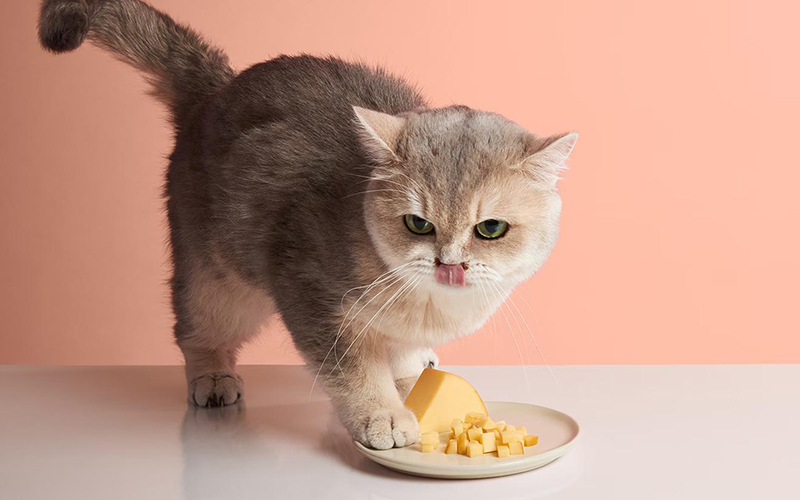
Are Cats Able to Eat Cheese?
While cheese is not toxic to cats, many cats are lactose intolerant, meaning they have difficulty digesting lactose, the sugar found in dairy products like cheese. In fact, most adult cats do not have the necessary enzyme (lactase) to properly digest lactose, which can lead to digestive problems when cheese is consumed in larger amounts.
However, small amounts of cheese can be safe for many cats, especially if they do not have lactose sensitivity. If your cat enjoys cheese, it can occasionally be given as a treat, but there are several important factors to consider.
Nutritional Benefits of Cheese for Cats
Cheese does offer some nutritional value, though it should not be considered a significant part of a cat’s diet. Here are some of the benefits:
Protein: Cheese contains protein, which is essential for muscle health and overall bodily functions. However, cats typically get sufficient protein from their meat-based diets, so cheese should not be relied on as a major protein source.
Calcium: Cheese is a good source of calcium, which is important for bone health. However, cats generally get enough calcium from their regular food, and too much cheese can lead to excess calcium, which could cause issues like kidney problems or bladder stones if consumed regularly.
Fat: Cheese contains fat, which provides energy. While cats need some fat in their diet, too much can contribute to obesity or pancreatitis, especially in overweight cats.
Vitamins: Cheese contains small amounts of vitamins such as A, D, and B12, which can support your cat’s immune system and skin health.
Potential Risks of Feeding Cheese to Cats
While cheese does provide some nutrients, there are several risks that you should be aware of:
Lactose Intolerance: The biggest concern when it comes to feeding cheese to cats is lactose intolerance. Most adult cats lack the enzyme lactase, which is required to break down lactose. As a result, consuming cheese can cause gastrointestinal issues, including diarrhea, bloating, gas, and stomach cramps. Symptoms of lactose intolerance can vary from mild to severe.
Obesity and Weight Gain: Cheese is high in fat and calories, so feeding your cat too much cheese can contribute to weight gain or obesity. Overweight cats are at risk for a range of health issues, including diabetes, joint problems, and heart disease.
Pancreatitis: High-fat foods, like cheese, can cause pancreatitis in some cats, especially those that are prone to the condition. Pancreatitis is inflammation of the pancreas, and it can cause symptoms like vomiting, lethargy, and abdominal pain.
Choking Hazard: Large pieces of cheese can be a choking hazard, especially for smaller cats. Always ensure the cheese is cut into small, manageable pieces to prevent any risk of choking.
Not a Complete Food: While cheese offers some nutrients, it does not provide the complete nutrition that cats need. Cats are obligate carnivores, which means their diet should primarily consist of animal-based proteins. Cheese does not offer the essential nutrients like taurine, vitamin A, or arachidonic acid that cats require.
How to Safely Serve Cheese to Cats
If you decide to give your cat a small amount of cheese, follow these guidelines to ensure they enjoy it safely:
Serve in Small Portions: Cheese should only be given as an occasional treat and should make up no more than 10% of your cat’s daily caloric intake. Start with a very small amount and observe how your cat reacts before offering more.
Avoid Flavored Cheese: Stick with plain cheese, and avoid any types of cheese that have added ingredients like garlic, onion, herbs, or spices. These ingredients can be toxic to cats.
Monitor for Digestive Issues: After giving your cat cheese, monitor them for any signs of digestive upset, such as diarrhea or vomiting. If your cat shows any negative reactions, discontinue giving them cheese.
Cut Into Small Pieces: To avoid the risk of choking, always cut cheese into small, bite-sized pieces before giving it to your cat.
Choose Low-Fat Options: If you do feed cheese to your cat, opt for low-fat varieties (like mozzarella or cheddar) to reduce the calorie and fat content.
How Much Cheese Can Cats Eat?
The amount of cheese your cat can safely eat depends on their size, overall health, and tolerance to dairy. As a general guideline:
Small cats: 1 small bite-sized piece of cheese.
Medium to large cats: 1-2 small pieces of cheese.
Cheese should be given only as an occasional treat, not a regular part of your cat’s diet. Always keep the portion size small to avoid gastrointestinal upset or weight gain.
Conclusion
In conclusion, cheese can be safe for cats in small amounts, but it should not be a regular part of their diet. While cheese provides some beneficial nutrients like protein, calcium, and vitamins, it also poses risks, especially if your cat is lactose intolerant. It’s essential to offer cheese as an occasional treat and in moderation.
If you do choose to feed cheese to your cat, remember to observe for any signs of digestive upset or discomfort. Always consult with a health professional if you have concerns about your cat’s diet or health.
For more guidance on your cat's nutritional needs and overall well-being, consider using PettureX, a pet AI software that provides 24-hour online consultations and pet image recognition. PettureX can help you make informed decisions about your cat’s diet and overall care, ensuring they live a happy and healthy life.
By following these tips and offering cheese in moderation, you can safely share this treat with your cat without compromising their health.
Related
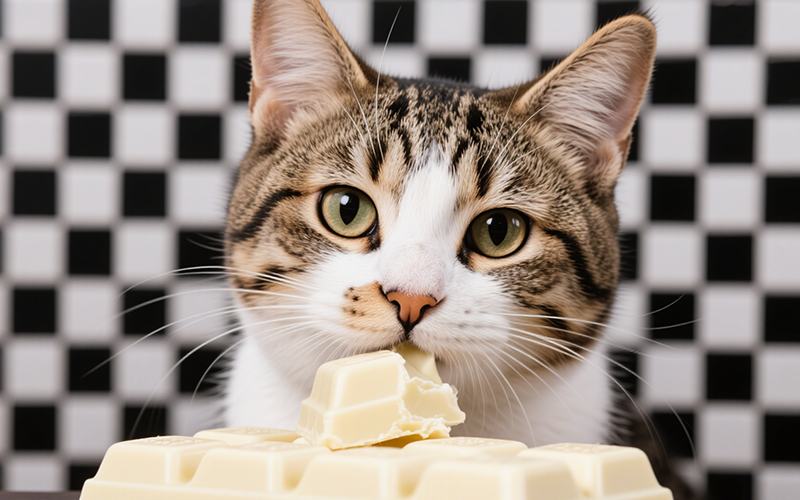
Can Cats Eat White Chocolate? The Surprising Truth You Need to Know
- 9 Apr 2025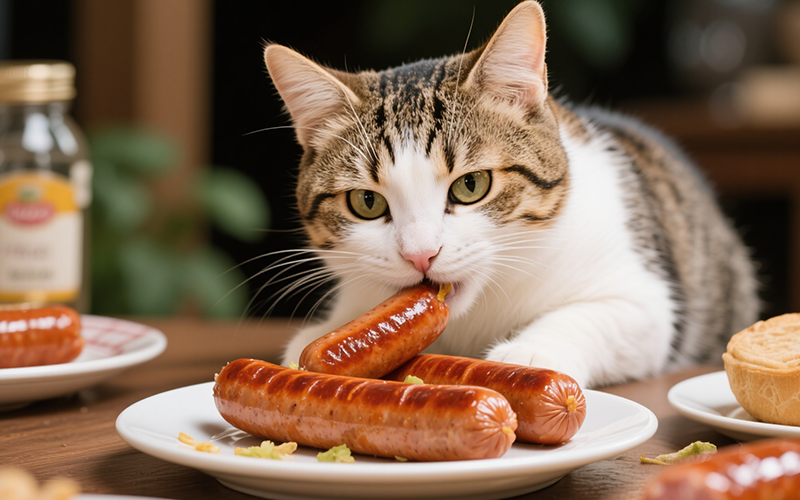
Can Cats Eat Vienna Sausages? Here’s What You Need to Know
- 9 Apr 2025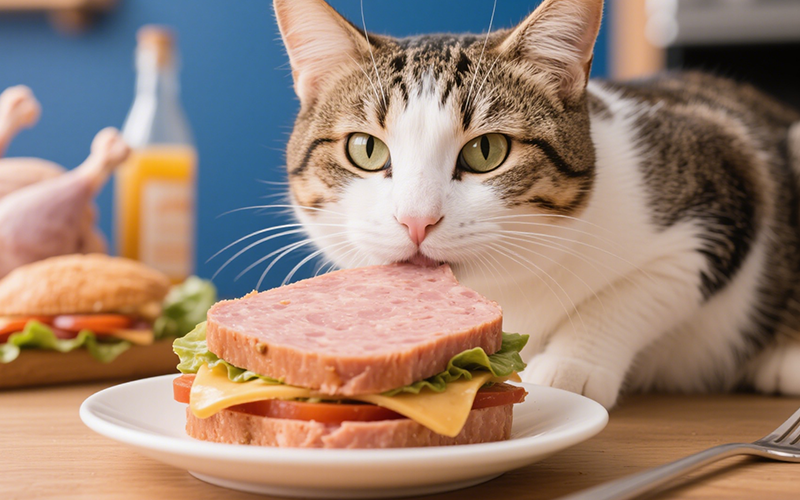
Can Cats Eat Turkey Lunch Meat? Here’s What You Should Know
- 9 Apr 2025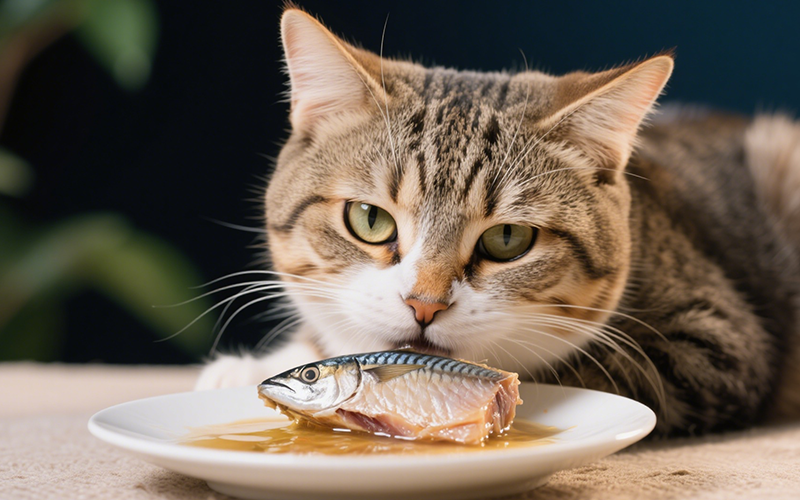
Can Cats Eat Tuna in Oil? Here’s What You Need to Know
- 9 Apr 2025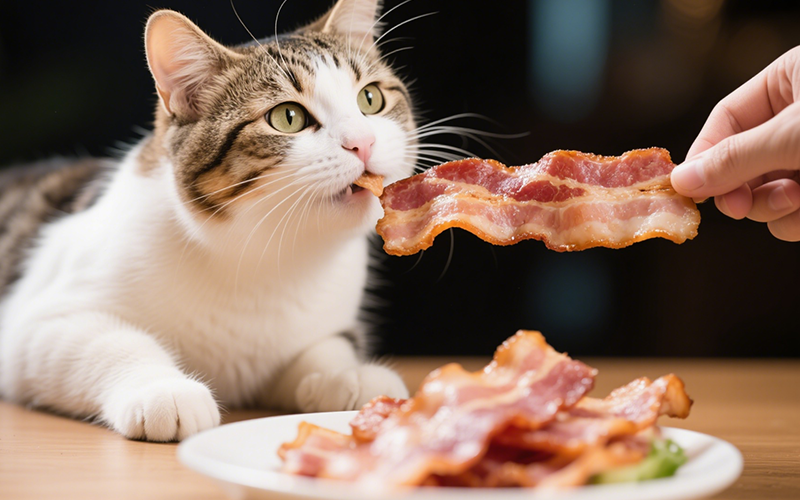
Can Cats Eat Turkey Bacon? Here’s What You Need to Know
- 9 Apr 2025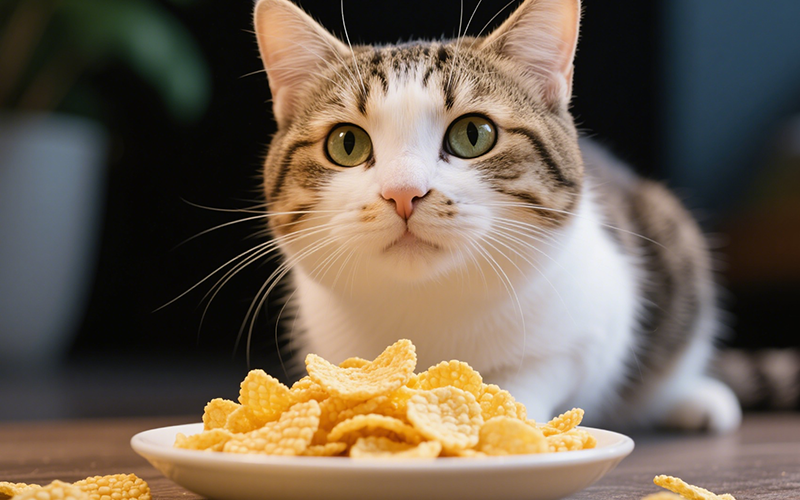
Can Cats Eat Tortilla Chips? Here’s What You Need to Know
- 9 Apr 2025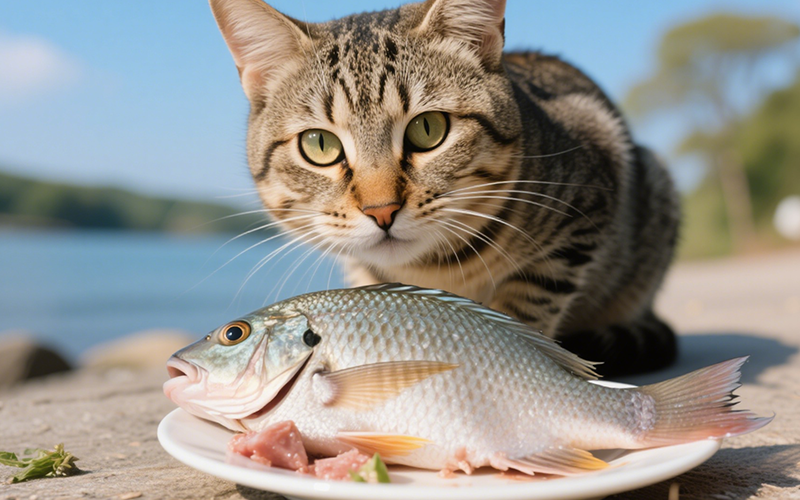
Can Cats Eat Tilapia? Everything You Need to Know About Tilapia and Cats
- 9 Apr 2025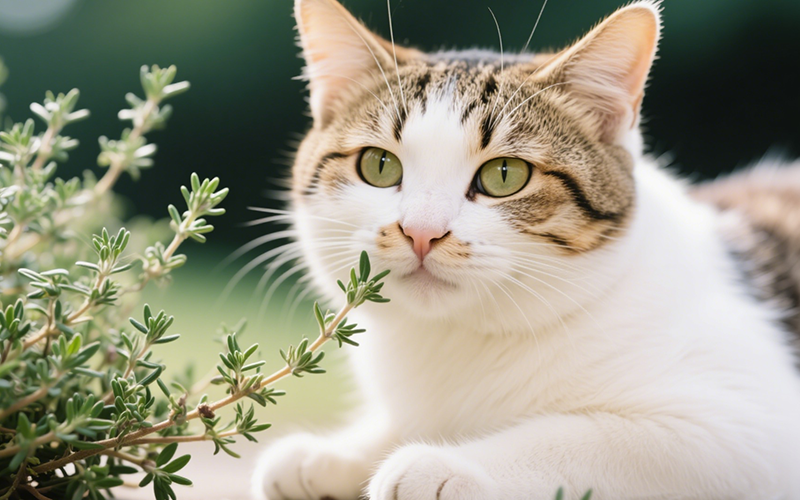
Can Cats Eat Thyme? What You Need to Know About Thyme and Cats
- 9 Apr 2025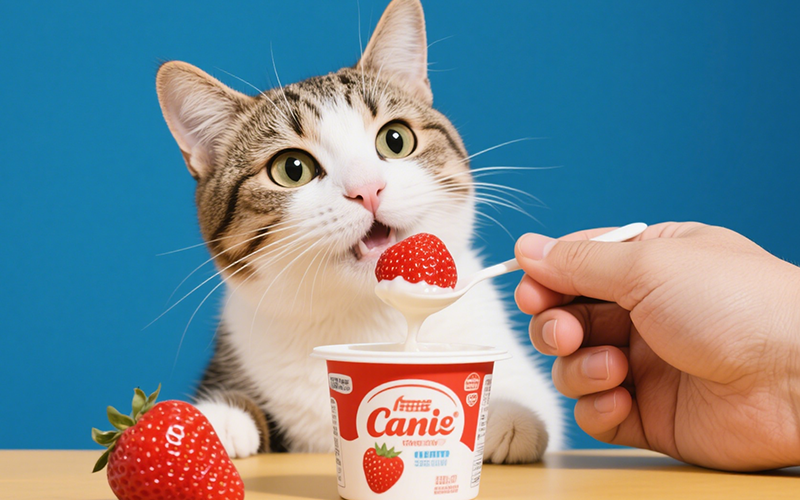
Can Cats Eat Strawberry Yogurt? Here's What You Need to Know
- 9 Apr 2025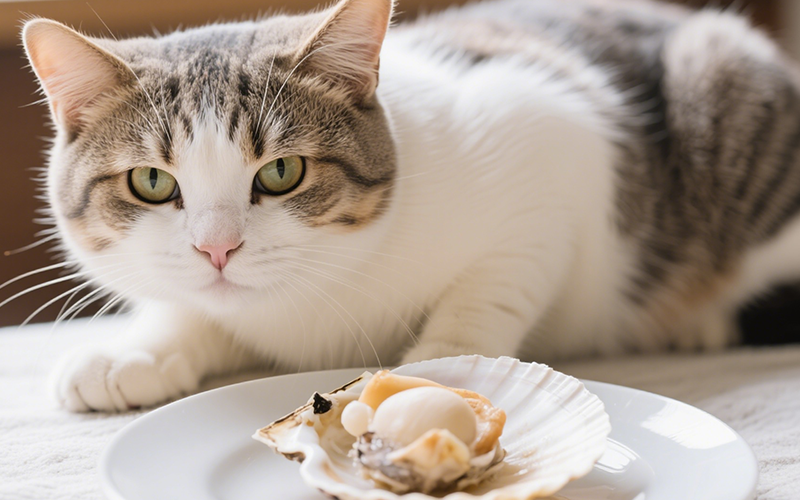
Can Cats Eat Scallops? What You Should Know Before Offering Scallops to Your Cat
- 9 Apr 2025
